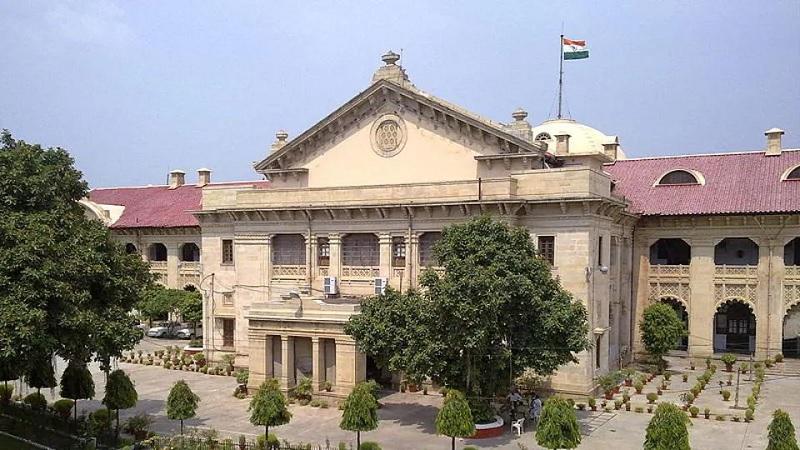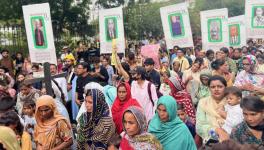Allahabad HC Questions if State Funds to Madrasas is Consistent With India’s Secular Scheme

Image Courtesy:hindustantimes.com
The Allahabad High Court recently instructed the Uttar Pradesh government to answer a series of queries about the funding and functioning of religious educational institutions like madrasas before mid-September.
On August 19, Justice Ajay Bhanot heard a plea from Madarsa Anjuman Islamia Faizul Uloom seeking to establish additional posts of teachers considering the increasing number of students. He directed the state government to file a counter-affidavit within four weeks adding, “The State Government shall bring in the record the syllabi/courses, conditions and standards of recognition including requirement for playgrounds at madrasas and all other religious institutions which are recognized or aided by the state government. Further it shall be disclosed whether Madrasas so recognized and aided also admit girl students.”
Further, the court also directed the government to answer additional questions like whether the state policy to provide financial aid to such institutions is consistent with the secular scheme of the Constitution.
That is to say, the court asked whether the government funding of institutions run by religious minorities imparting religious education, implements the constitutional protection afforded to all religious faiths with reference to Articles 25-30 that protect religious and minority rights.
The court asked the government, “Whether the institutions which impart knowledge in diverse fields and also include courses in theological learning come within the ambit of the phrase "religious instruction or religious worship" or only schools which exclusively impart religious education come within the ambit of Article 28 of the Constitution of India?”
It may be mentioned that while clause one of the Freedom as to attendance at religious instruction or religious worship in certain educational institutions prohibits religion instruction in state funded schools, clause two states, “Nothing in clause (1) shall apply to an educational institution which is administered by the State but has been established under any endowment or trust which requires that religious instruction shall be imparted in such institution.”
Similarly, the court asked if the absence of a mandatory provision for playground for recognition, even for Madrasas and other religious institutions, prove to be incompatible with child rights as conferred by Article 21A.
Bhanot asked if other religious minorities are also provided government aid for running theological schools and whether women are prohibited from applying to religious schools. The order further asked, “If so, whether such bar is an act of discrimination prohibited by the Constitution?”
The case will have its next hearing on October 6.
Get the latest reports & analysis with people's perspective on Protests, movements & deep analytical videos, discussions of the current affairs in your Telegram app. Subscribe to NewsClick's Telegram channel & get Real-Time updates on stories, as they get published on our website.
























